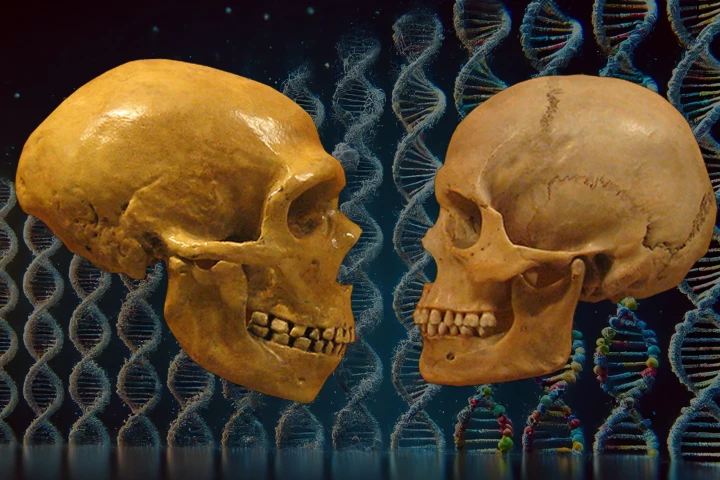Clemson University
-
Since Neanderthals' whole genome was sequenced, there’s been growing interest in how their genetics influences our health. New research has found that genetic variations derived from our ancient relatives are associated with an increased susceptibility to autism.
-
A team at Clemson University has come up with a new design that overcomes some of the problems with incorporating silicon into lithium-ion batteries, demonstrating a lightweight device that could be used to power satellites and spacesuits.
-
Astronomers investigating gamma ray emissions have discovered that certain active galaxies are giving off bursts in regular patterns. This, the team says, could be an indication of galaxies harboring two supermassive black holes in their centers.
-
Scientists generally agree that the universe is expanding, but how fast is up for debate. Now, astrophysicists have come up with a new figure for the Hubble Constant by studying how gamma rays interact with the background radiation of the universe.
-
Astronomers have now asked “how much light has been emitted in the universe?” Using a new measurement method, the team has apparently managed to quantify all the starlight ever produced in the observable universe – and the result is a figure that’ll make your eyes water.
-
Imagine if your car could feel pain and alert you when it takes damage. The US Army is funding research to make that a reality, with vehicles outfitted with a smart material that senses damage the way nerves sense pain, relaying a damage report to help with maintenance and repairs.
-
Clemson University students have put their burgeoning know-how to use imagining what the Mini of 2025 might look like. The two-door features a scalable powertrain, open interior, appearance-shifting digital paint and a few other innovations that may one day show up on Minis and cars of all sizes.
-
For 35 years American alligators have been tracked in a sanctuary in South Carolina, and a study about the findings has just been released. The results? We might have to rethink gator size and sex.
-
By building a robotic version of the mudskipper fish, scientists have learned that its tail plays a crucial role while it's crawling on the land – the finding could have implications for the design of walking robots.
-
Generation Z is weird. At least that's the impression we're left with after seeing them through automakers' eyes. Those eyes bring us the Toyota uBox. Designed for Generation Z drivers, the uBox finds a middle ground somewhere between the minivan, SUV and armored truck.
-
Researchers at Clemson University have discovered that inkjet bioprinting disrupts the membranes of the cells being printed, leaving them open to having proteins inserted.
-
The Bite Counter is worn like a watch and acts like a pedometer for eating to track how many mouthfuls the wearer takes.
Load More











